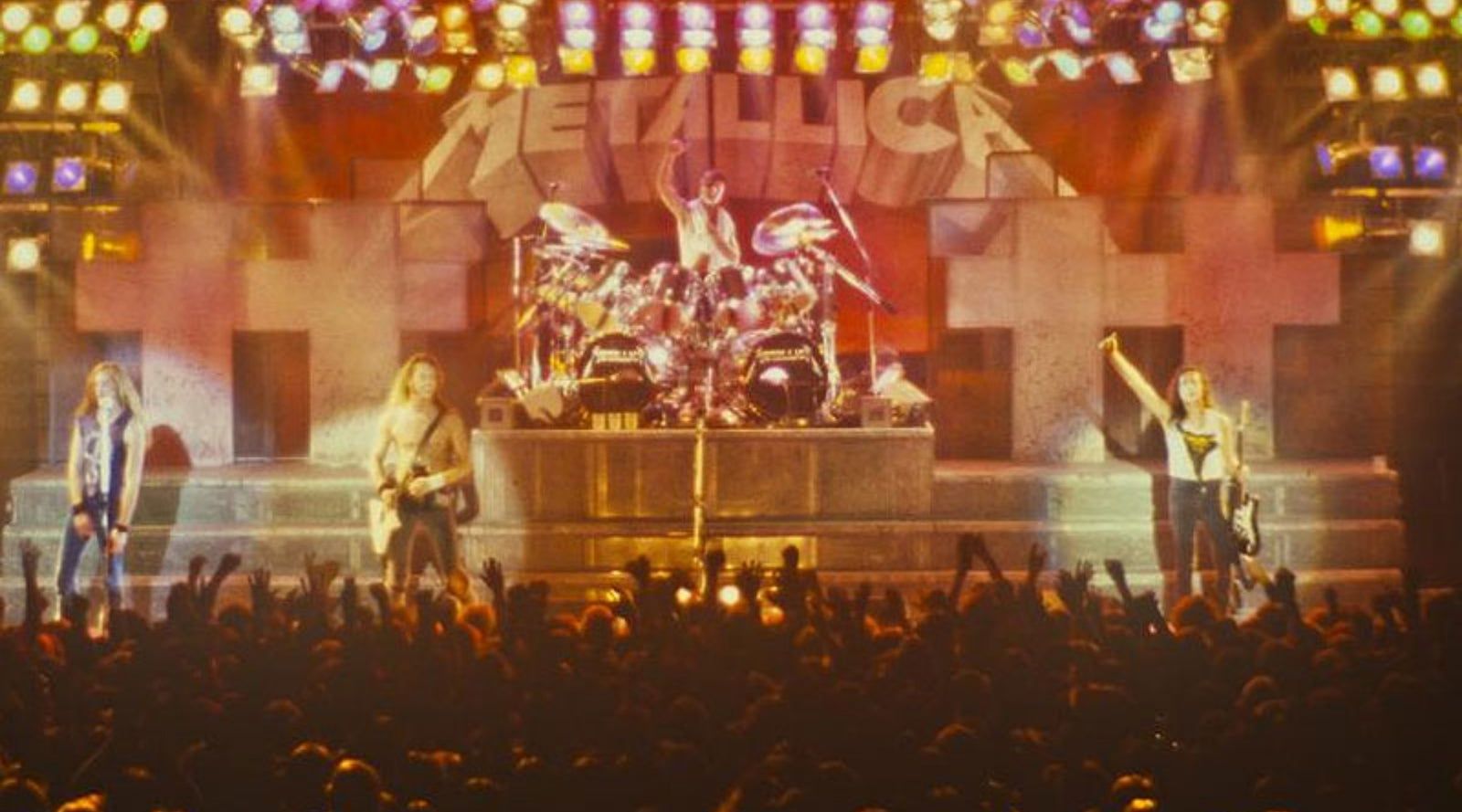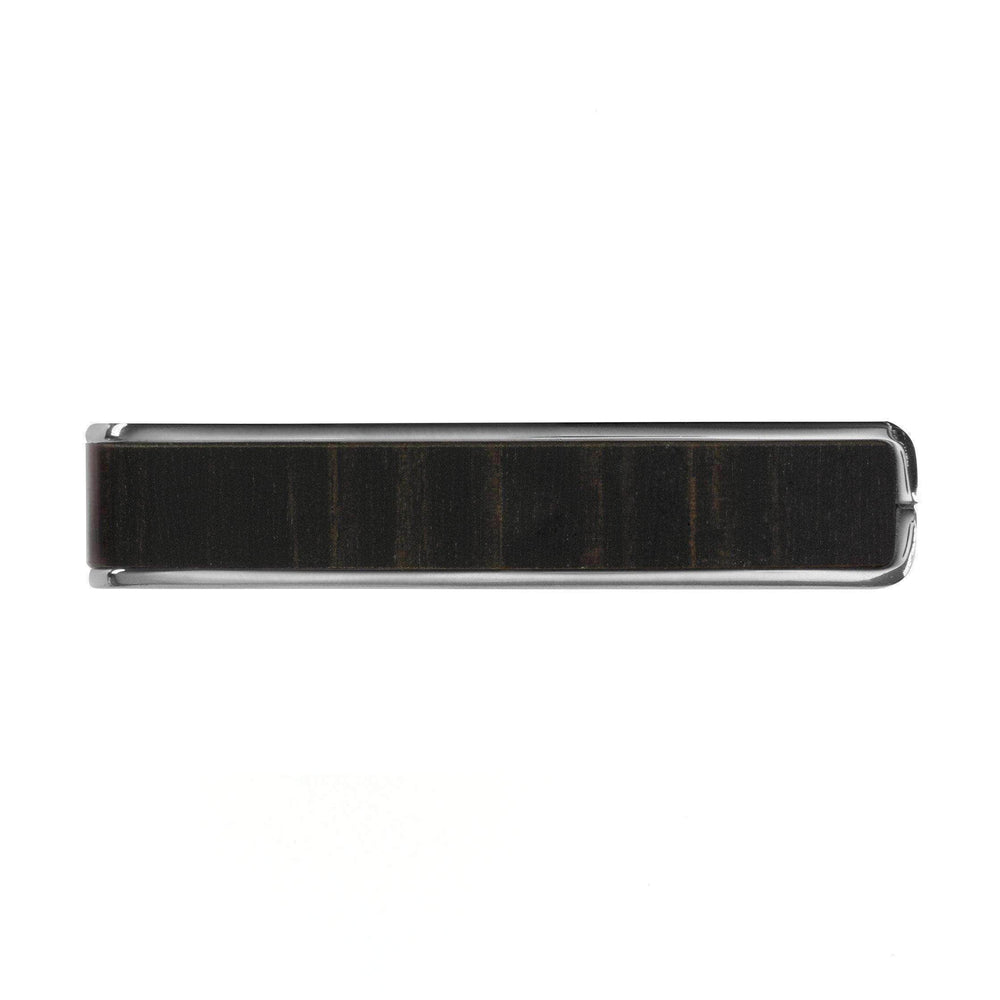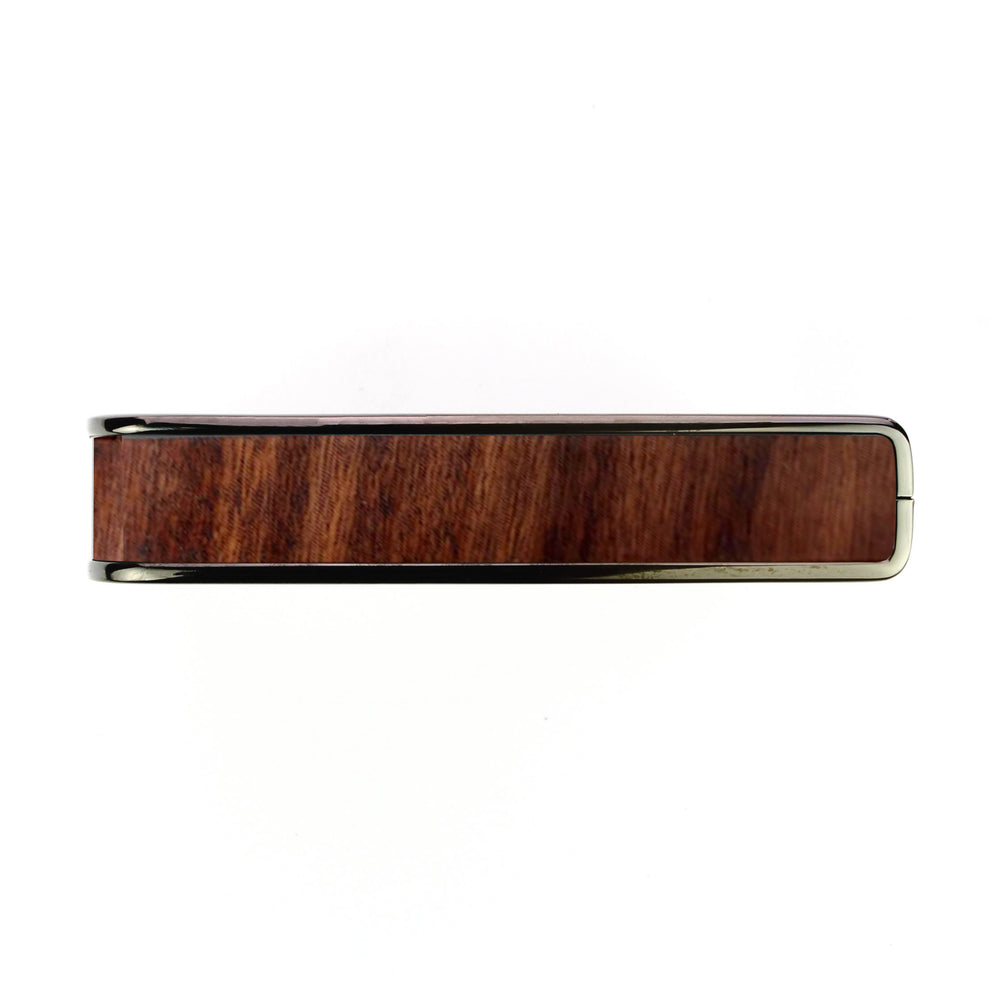Master of Puppets: Revisiting Metallica’s Masterpiece

35 years ago, Metallica changed the face of heavy music with the release of Master of Puppets. The San Francisco band’s third record was a milestone which put thrash metal on the map. In 2015, it became the first metal recording selected by the Library of Congress to be preserved in the National Recording Registry.
Master of Puppets is one of – if not the most – important metal albums of all time. And, playing it back today, it still sounds every bit as vital as it did in March 1986.
By the time they started recording Puppets in mid-1985, Metallica was already going places. With their ’83 debut, Kill ‘Em All, they’d lit a fire under the American underground metal scene and laid the foundation for the burgeoning thrash movement. Promotional materials from the time proclaimed Metallica “the young metal attack.” Listening back to the snot-nosed, million-miles-per-hour vitriol of that first record, it was an apt moniker.
To say they upped their game on 1984’s sophomore release, Ride the Lightning, would be a massive understatement. With a new-found musical and lyrical maturity that betrayed their young age, …Lightning placed Metallica on the world stage, drawing the attention of Q Prime management and Elektra Records in the process.
As Q Prime’s Cliff Burnstein would later remember:
“When I saw two kids who worked there in London wearing T-shirts of a local San Francisco band, I knew I was onto something. When I heard their record, I knew they were the one band that could sell to both mainstream and underground metal audiences.”
It was with Master of Puppets that Metallica started to fulfill that mainstream/underground crossover potential that Burnstein identified. On paper, Puppets was fairly similar to its predecessor. Like Ride the Lightning, it opened with an uptempo song with an acoustic intro (Battery) before kicking into an epic title track. The album’s fourth track, Sanitarium, filled the ballad spot occupied by Fade to Black on Ride the Lightning, while Orion continued the tradition a lengthy, multi-part instrumental near the album’s close.
However, in spite of its structural similarities, Puppets was no mere Ride the Lightning clone. Building on the musical maturity of their past release, it was a more refined album in every sense. Multi-layered, technically dextrous, and precisely executed, it managed to balance brutality and musicality at every measure. James Hetfield’s rhythm guitar parts were as blistering as they were inventive, his vocals aggressive, yet deeper and more in-control than on past releases. Cliff Burton continued to push the limits of heavy metal bass, especially on his opus, the instrumental Orion. Kirk Hammett’s leads soared, while Lars Ulrich delivered what is arguably the best drum performance on any Metallica album.
Upon its release, Master of Puppets had a 72-week run on the Billboard 200 album charts, earning Metallica their first gold certification in the process. As Christopher Knolwes put it, Puppets "ripped Metallica away from the underground and put them atop the metal mountain." It was also the beginning of the end for the initial era of Metallica. During the band’s September 1986 European tour, Cliff Burton was tragically killed during a tour bus crash. The band would soon regroup with Flotsam and Jetsam bassist Jason Newsted in his place, beginning a journey that would result in a more mainstream sound and global chart domination by the mid-1990s.
What are your memories of Master of Puppets? What’s your favorite song on the album, and your favorite Metallica track to play on guitar? Share your stories in the comments.





















